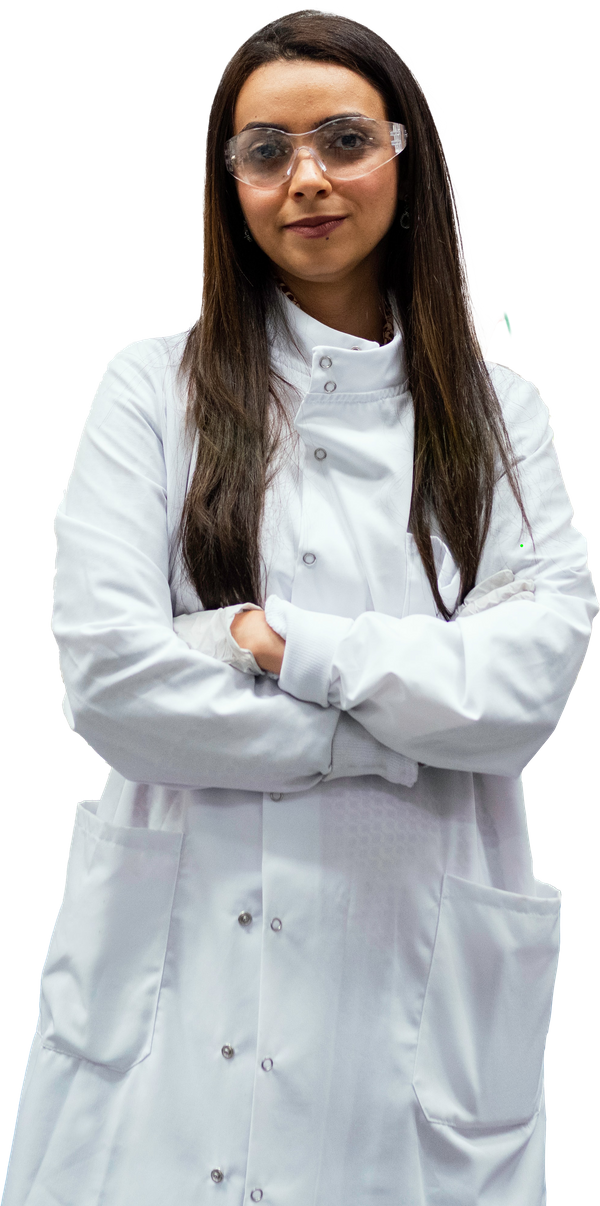Safer Drug Policies: Changing harmful drug policies
We work to replace punishment and alienation with education, human rights, harm reduction and compassion.
SCROLL DOWN
Through grassroots efforts, promotion of science and active involvement with policymakers, we work to change today's harmful drug policies.
Our focus
Decriminalization and human rights advocacy
Punitive approaches to illicit drug use harm public health and erode the basic human rights of marginalized groups. We work to raise awareness about the UN bodies' recommendations to decriminalize illicit drug use. Health problems require medical help, not punishment.

Evidence-based harm prevention strategies
Illicit drug use prevention strategies have long been founded in zero tolerance ideals without regard for unintended consequences or evidence of effect. We work to promote evidence-based drug prevention, as well as proven harm reduction measures like our own drug analysis service.

Innovation in the treatment of drug use and mental health disorders
Many interventions for drug use disorders have limited efficacy and/or high relapse rates, while some of the most promising remain understudied or underutilized. We work to promote research on new interventions and new applications of existing interventions, and ensure adequate access to care.

Drug policies of tomorrow
Today's drug regulatory paradigm leaves much to be desired if the goal is harm minimization and consumer safety. We work to develop future regulatory models for all drug types (alcohol included) that can minimize both drug-related health harms and drug-related crime.

Political advocacy work
Progressive drug policy changes tend to come from civil society engagement. We meet with policymakers on all levels to inform their decisions with the latest research and knowledge in the field. We also participate in the public debate and arrange debates about ongoing policy processes.
Public education and information
Public information campaigns about illicit drugs have historically been abstinence-oriented and focused on communicating risk in a non-statistical and non-pragmatic manner. We work to educate the public by providing more nuanced risk assessments and risk-reducing precautions.
Harm reduction services
What we do
We cannot wait for political change to occur before we implement harm reduction measurements for people who need them. Therefore we run our own health clinic and our own drug analytic service. This is made possible by crowd funding. It sets an example for politicians to be inspired by, as they are able to see the effects of them.
Support us
Support us by becoming an international member or making a donation.
Affiliation
Would you like to join us in our work for safer and better drug policies?

